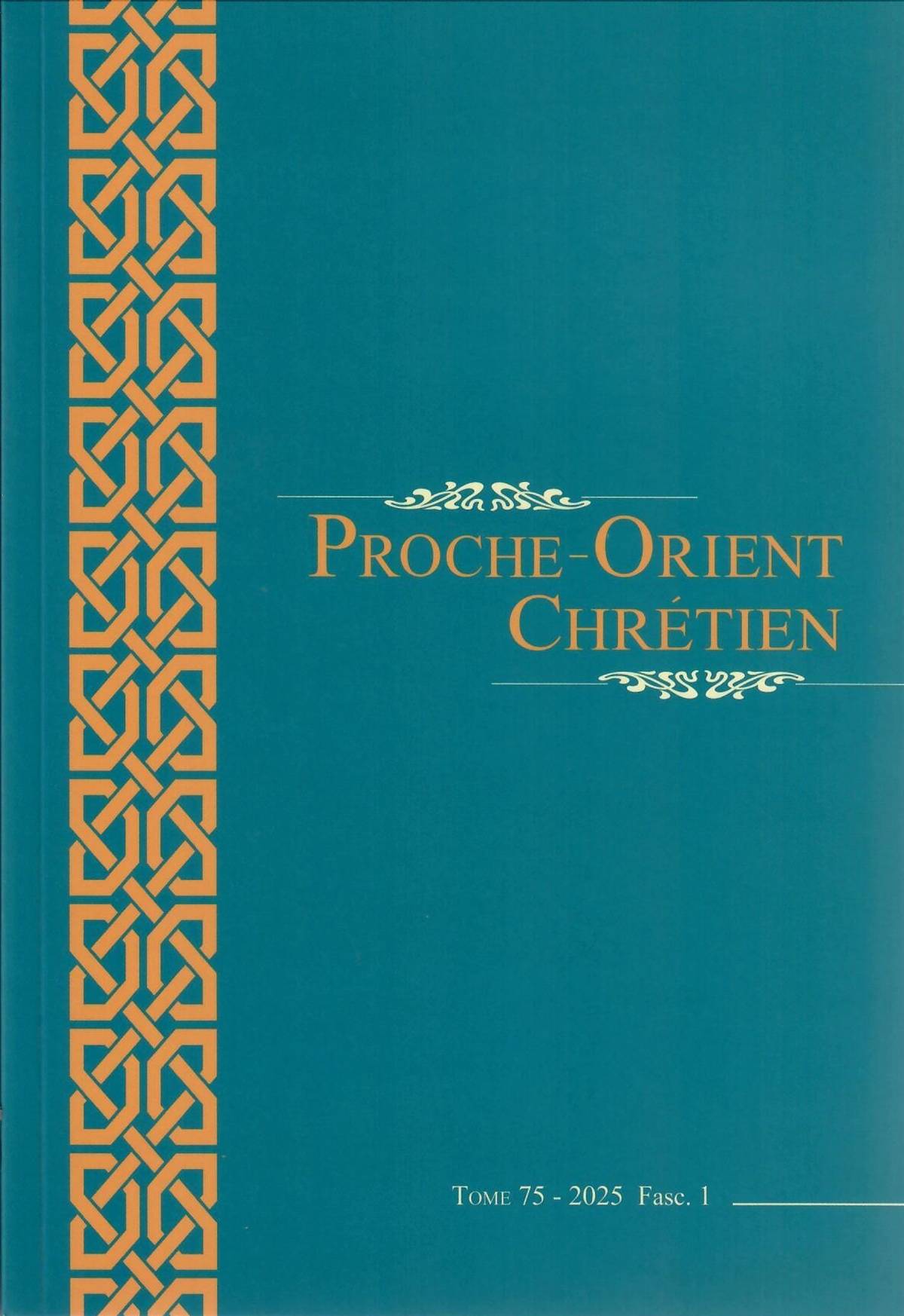Abstract
The comparative study of university curricula in Christian and Muslim religious institutes in Lebanon, through the analysis of the mission of the institutions, their community affiliations, the profiles of the teachers, and their pedagogical approaches, reveals, among other things, the self-perceptions and mutual perceptions of these communities.
This article presents, based on a qualitative study, the nuances of theological positions, whether exclusively apologetic, inclusively oriented, or pluralistic in seeking to recognize the other in their authentic self.
Such a study holds particular significance in a country like Lebanon, where religious otherness requires interreligious dialogue and a dialogue of life, fostering enlightened citizenship.

